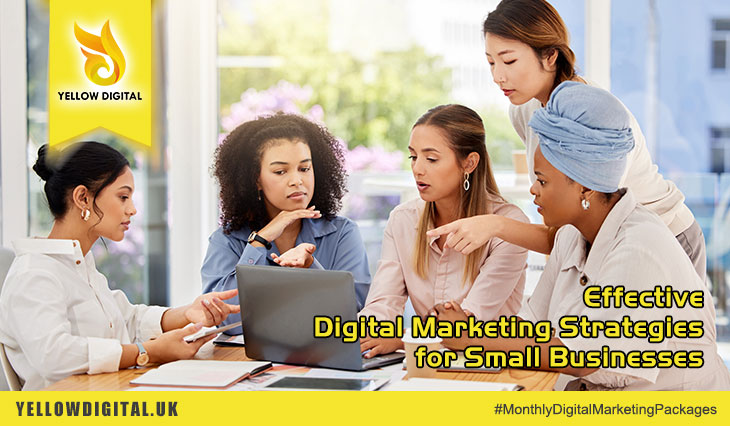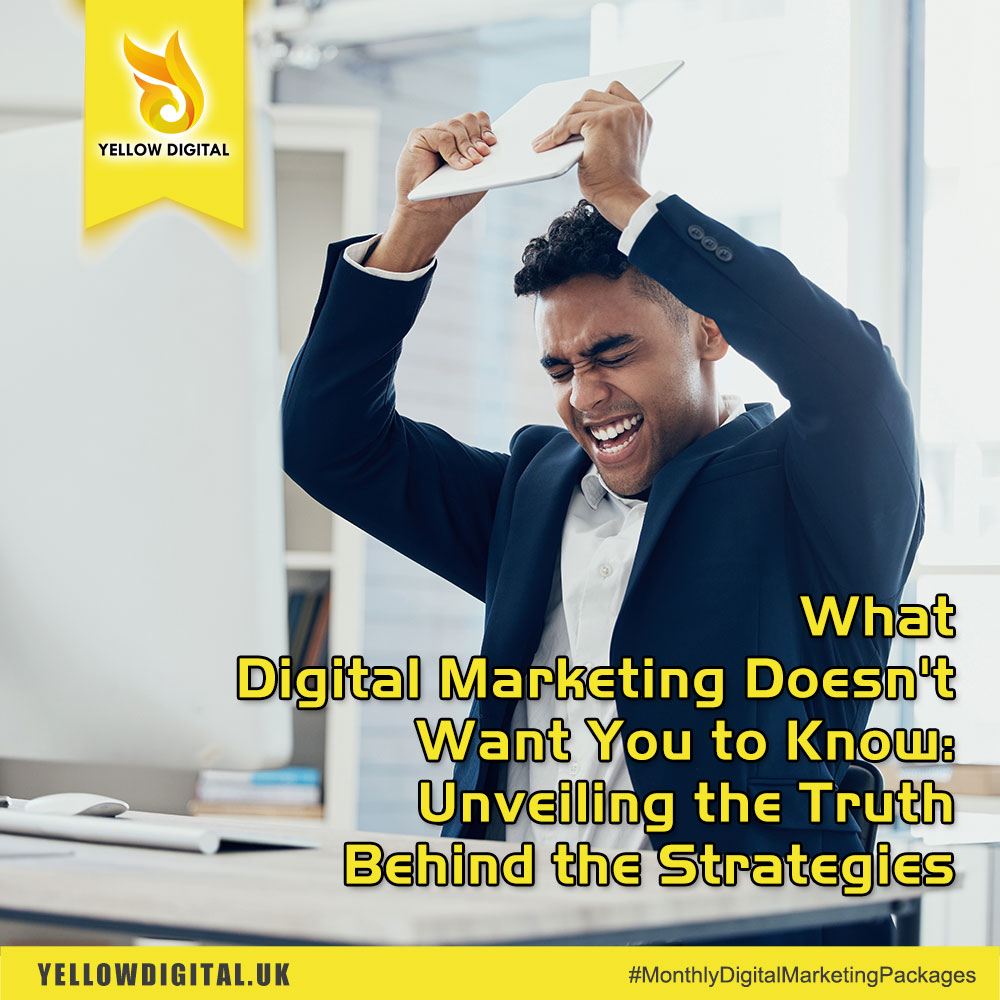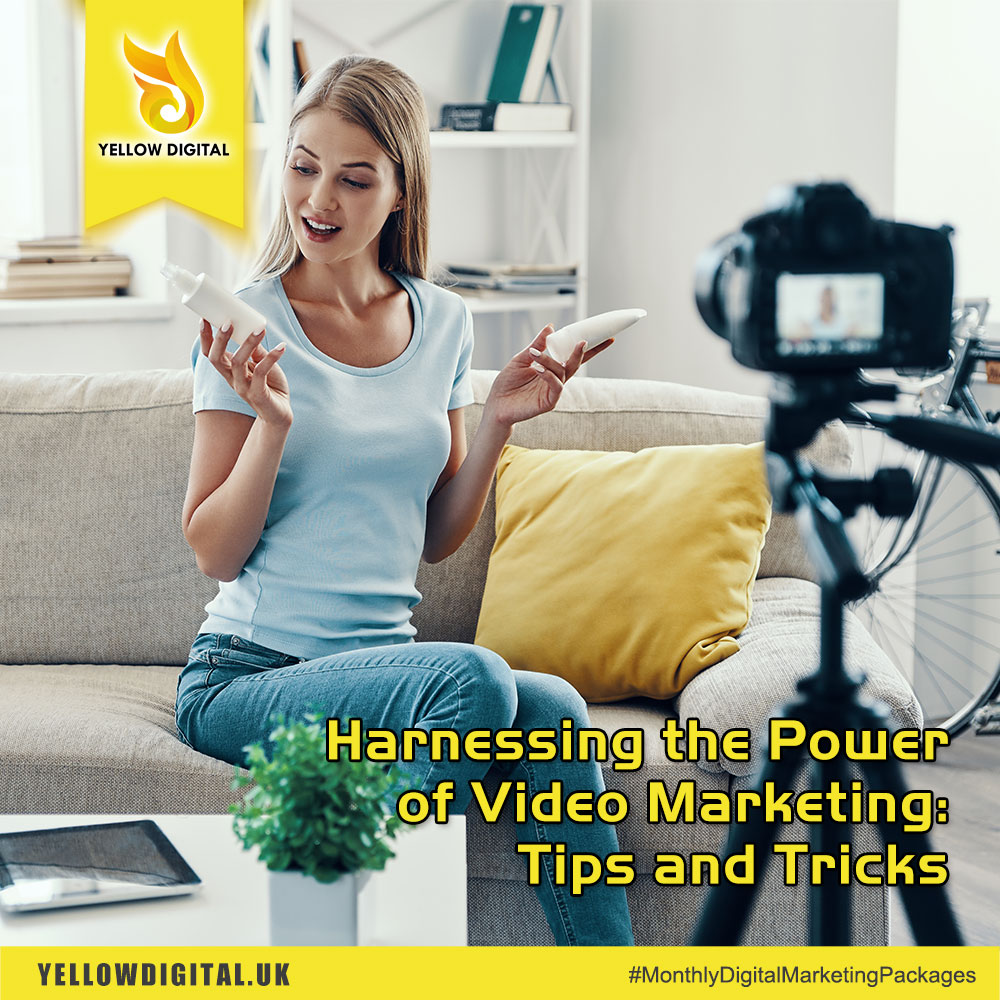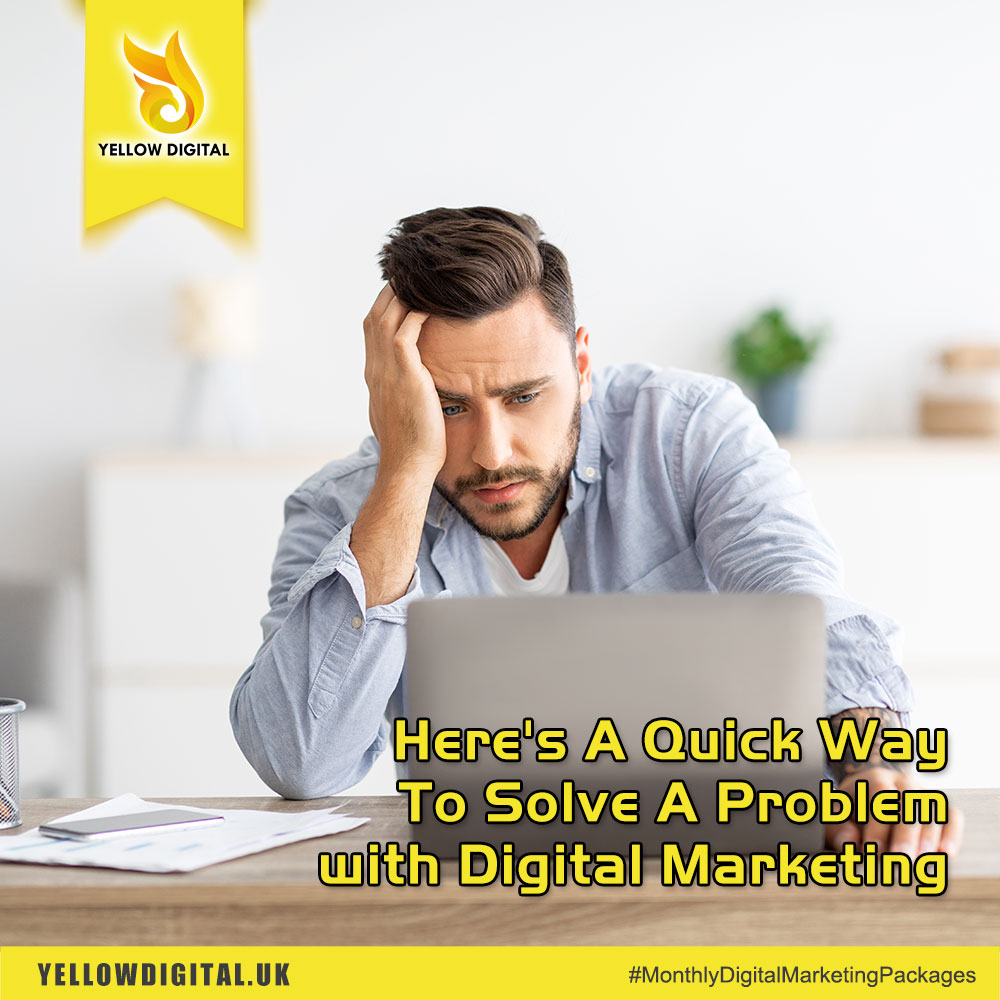Introduction
In the fast-paced digital era, the landscape of marketing has drastically evolved. Traditional marketing methods have taken a backseat as businesses embrace the power of digital marketing to reach their target audiences effectively. In this article, we will delve into the world of digital marketing, exploring its significance, components, and how it empowers businesses to thrive in the modern marketplace.
Understanding Digital Marketing
Digital marketing encompasses a range of online strategies and tactics that businesses employ to connect with their audience, increase brand visibility, and drive customer engagement. Unlike traditional marketing, digital marketing leverages the internet and various digital channels to reach potential customers wherever they are. The primary goal of digital marketing is to attract, convert, and retain customers, ultimately leading to increased sales and revenue for businesses.
Components of Digital Marketing
1. Search Engine Optimization (SEO)
SEO is a fundamental component of digital marketing. It involves optimizing a website’s content, structure, and code to improve its visibility on search engine results pages (SERPs). By ranking higher in search results, businesses can attract more organic traffic and potential customers. Key aspects of SEO include keyword research, on-page optimization, link building, and technical SEO.
2. Pay-Per-Click Advertising (PPC)
PPC advertising is a paid marketing method where businesses bid on keywords and pay a fee each time their ad is clicked. This form of advertising allows for instant visibility on search engines and other digital platforms. Popular PPC platforms include Google Ads and social media advertising on platforms like Facebook, Instagram, and LinkedIn.
3. Content Marketing
Content marketing involves creating valuable and relevant content to attract and engage the target audience. Content can take various forms, such as blog posts, articles, videos, infographics, and more. The goal is to establish authority, build trust, and nurture leads throughout the customer journey.
4. Social Media Marketing
Social media platforms have become essential in digital marketing. Businesses leverage platforms like Facebook, Twitter, Instagram, and LinkedIn to connect with their audience, build brand awareness, and foster relationships. Social media marketing includes both organic posts and paid advertising.
5. Email Marketing
Email marketing is a powerful tool for engaging with both prospects and existing customers. Through targeted email campaigns, businesses can deliver personalized content, promotions, and updates to their subscribers. Email marketing helps nurture leads, drive conversions, and foster customer loyalty.
6. Influencer Marketing
Influencer marketing involves partnering with influencers who have a significant following and authority in a specific niche. Businesses collaborate with influencers to promote their products or services to their audience, leveraging the influencer’s credibility and reach.
The Power of Digital Marketing for Businesses
1. Global Reach and Accessibility
Digital marketing breaks geographical barriers, allowing businesses to reach a global audience. With a well-executed digital marketing strategy, small businesses can compete with industry giants on a global scale, expanding their reach beyond their local market.
2. Cost-Effectiveness
Compared to traditional marketing methods, digital marketing is often more cost-effective. Businesses can allocate their marketing budgets more efficiently, targeting specific demographics and adjusting campaigns based on performance.
3. Real-Time Data and Analytics
One of the significant advantages of digital marketing is the ability to measure and analyze campaign performance in real-time. Businesses can track website traffic, user behavior, conversion rates, and other metrics, enabling data-driven decision-making for continuous improvement.
4. Personalization and Customer Segmentation
Digital marketing allows businesses to personalize their marketing efforts based on customer preferences, behavior, and demographics. Personalized marketing resonates with the audience, leading to higher engagement and conversions.
5. Enhanced Customer Engagement
With social media, businesses can directly interact with their customers, responding to queries, addressing concerns, and building a sense of community. Engaged customers are more likely to become brand advocates and loyal supporters.
Conclusion
Digital marketing has revolutionized the way businesses reach and connect with their audience. From SEO and content marketing to social media and email campaigns, digital marketing offers a plethora of tools to drive growth, engagement, and success in the digital age. Embracing digital marketing knowledge is no longer an option; it is a necessity for businesses to stay competitive, relevant, and successful in the ever-evolving world of marketing. As technology continues to advance, businesses must adapt and leverage digital marketing strategies to thrive in the dynamic digital marketplace.
